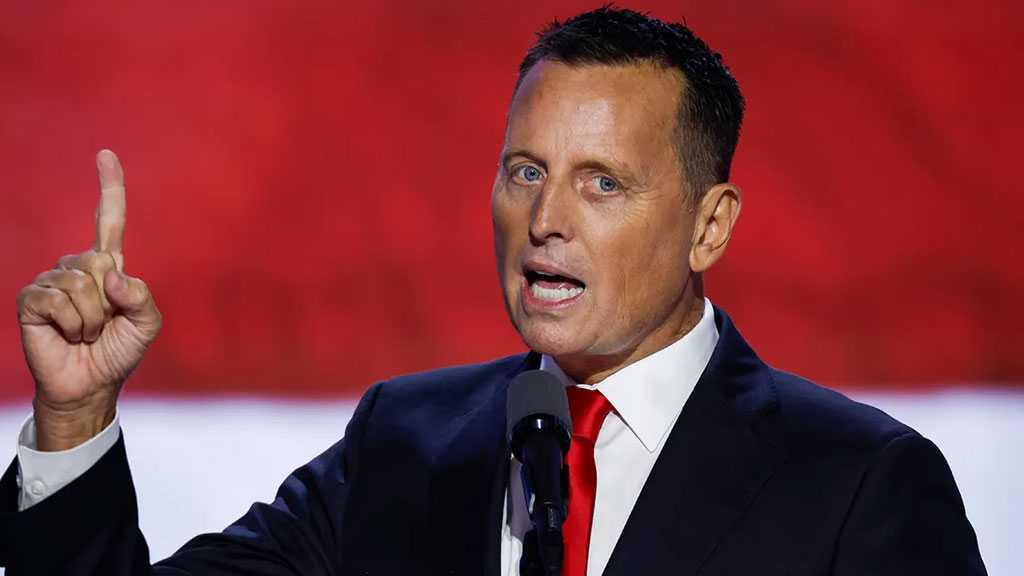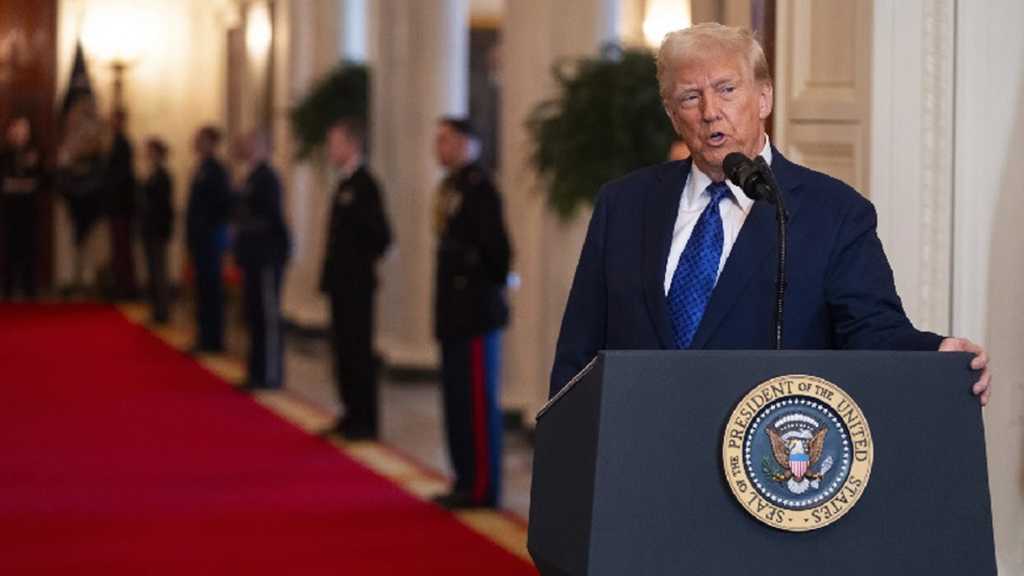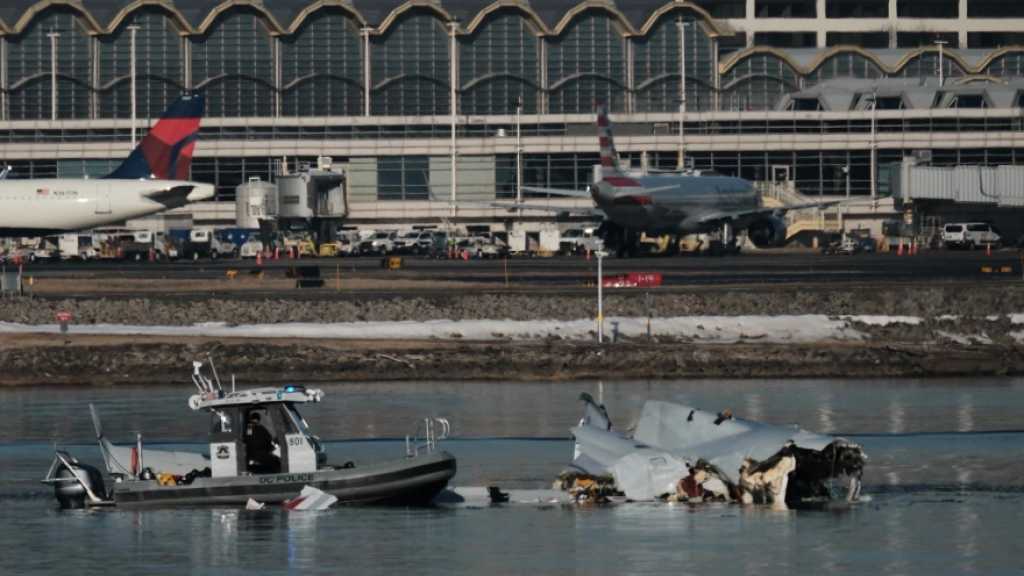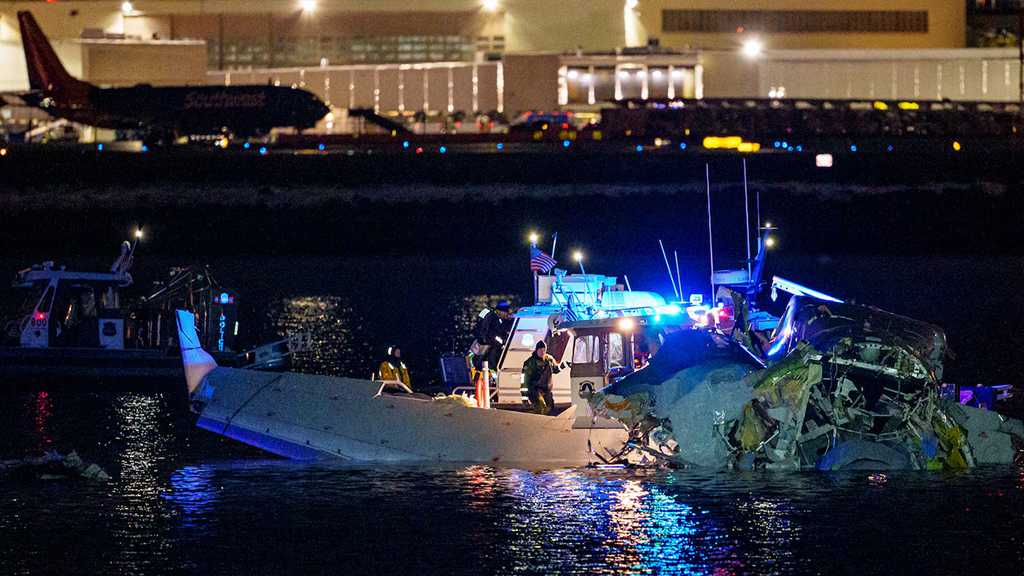Venezuela Resists US Pressure Amid Deportation, Oil Disputes

By Staff, Agencies
Caracas is facing renewed pressure from Washington as US special envoy Richard Grenell arrives in Venezuela to push for the unconditional acceptance of deported Venezuelans.
The demand comes as part of US President Donald Trump's broader immigration crackdown, which has targeted Latin American migrants under controversial policies.
Trump has accused Venezuela of "exporting criminals and gang members" to the US, echoing inflammatory rhetoric that has been widely condemned.
His administration continues to dispute last year's Venezuelan elections, refusing to recognize President Nicolas Maduro’s government while escalating pressure on Caracas.
In addition to deportation demands, Washington is also seeking the release of jailed US citizens, whom Venezuelan authorities have identified as spies or mercenaries linked to foreign-backed destabilization efforts.
The Maduro administration has long accused the US of supporting coup attempts and interference in Venezuela’s internal affairs—claims that Washington denies.
A key point of contention remains oil. While Venezuela is one of the largest oil exporters to the US, the Trump administration is now threatening to cut imports if Caracas refuses to comply with its demands.
US corporations, including Chevron, have major stakes in Venezuelan oil production, but their operations could face uncertainty as contracts near expiration.
Despite US threats, the Maduro government has maintained its sovereignty, resisting Washington’s attempts to dictate its policies.
Venezuela previously secured the release of 10 American prisoners in a negotiated exchange but remains firm against unilateral ultimatums.
Trump’s envoy, Mauricio Claver-Carone, warned of consequences if Venezuela does not meet US demands, but Caracas has consistently pushed back against external pressures, vowing to defend its national interests.
Comments
- Related News

Trump to Swiftly Downsize US Government
one month ago
US: Washington DC Plane Crash Black Boxes Recovered
one month ago
